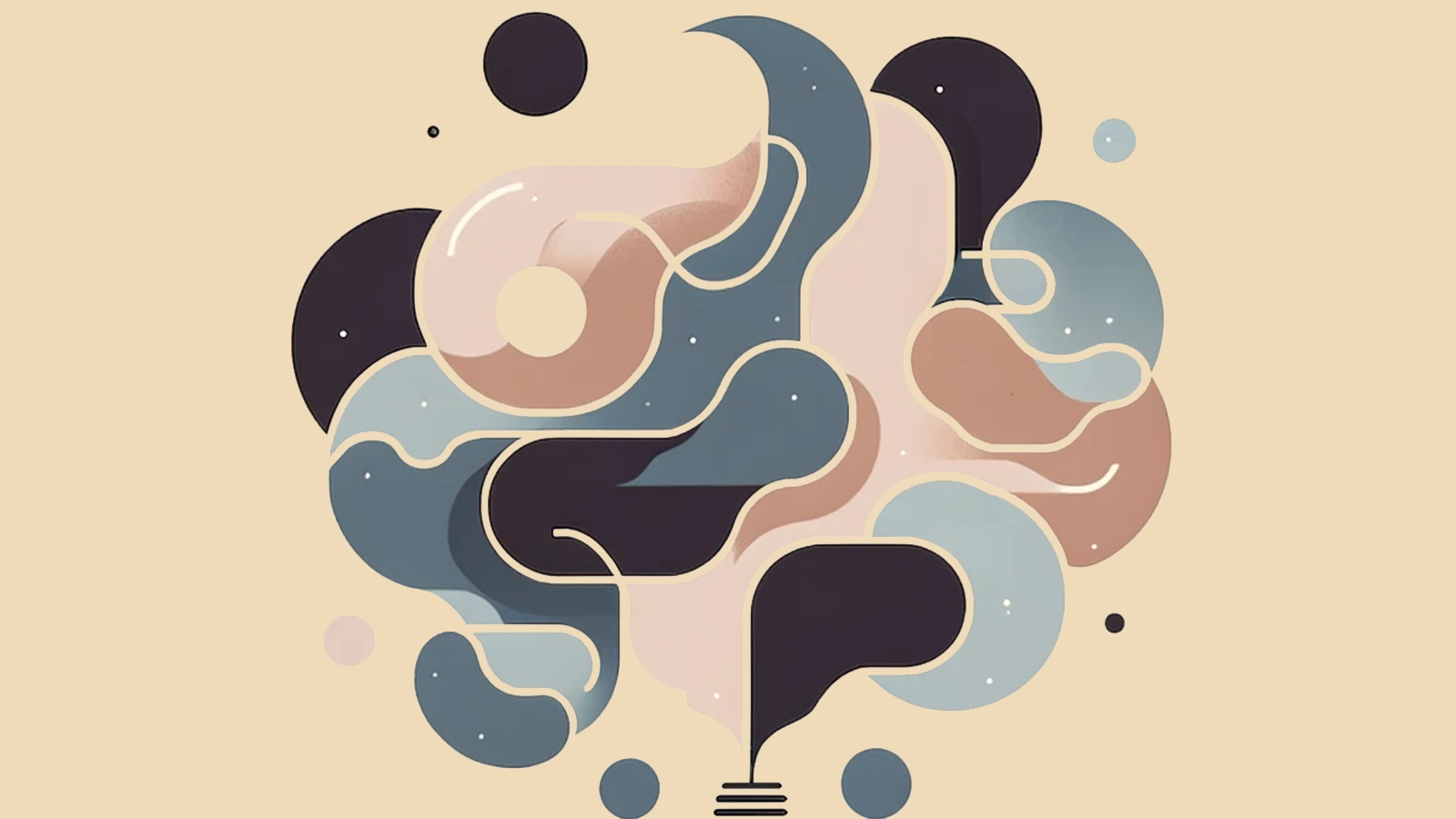The Mind - On Thinking, Thoughts.
 To create is to live. And it all starts with a thought. People are drawn to simple, powerful and therefore, beautifully compelling ideas.
To create is to live. And it all starts with a thought. People are drawn to simple, powerful and therefore, beautifully compelling ideas.
What we think, we become. The better we think, the better our life. Knowledge is information with causal power. Mental models help master the best of what others have figured out. But most importantly: think for yourself, be critical, be open.
Take time to think, or others will think for you.
The better we think, the better we live.
Creating the space to mend thoughts with optimistic simplicity is good enough.
So... how to think better? Shortcuts to learning and Mental Models
- First principle thinking is about separating the underlying ideas or facts from any assumptions based on them. What remains are the essentials (the aphorisms). If you know the first principles of something, you can build the rest of your knowledge around them to produce something new.
Naive Optimism paired with Principles.
The better we think, the better we live.
Creating the space to mend thoughts with optimistic simplicity is good enough.
- Feynman's has a powerful approach to really understand something in 3 steps:
- write it down (also see Occam's Razor below)
- teach it to a child to realise where your gaps are and
- simplify further.
👉 The book "The Thing Explainer" is a great example where Randall Munroe explains the most important things using only the 1,000 (or "ten hundred") most common English words. A battery becomes a "power box" and an oil rig is a "hole-making city boat". Here's the "we both smile when you buy" Amazon link*.
- "Occam's Razor": Write your thoughts down. Instead of wasting your time trying to disprove complex scenarios, you can make decisions more confidently by basing them on the explanation that has the fewest moving parts.
- Once you can clearly envision it, you can think it, you can feel it, you can do it, it becomes your reality. Thought experiments are key to open new paths for exploration, to help us figure out what we want.
- Second order thinking: the consequences of the consequences of what you do.
- Circle of competence: Know what you understand, and what not. Make yourself aware: what can I control, influence and what merely observe?
- Good news: people are... stupid. Do not assume malice instead. The explanation most likely to be right is the one that contains the least amount of intent.
You are not your thoughts.
Your freedom lies within the moment of receiving a thought and choosing the direction of thinking.
👉 My all time favorite podcast on this topic is when former Canadian spy Shane Parrish meets philosophical investor Naval Ravikant, it is 2 hours of timeless chatting on mostly thinking:

Not sure how you feel about this all? Read on about emotions and how I believe they influence our life.
- Disclaimer: Links with an * asterisk are affiliate links. I earn a small commission when you buy a product I recommend. This does not mean you pay more - but it helps me maintain this website.